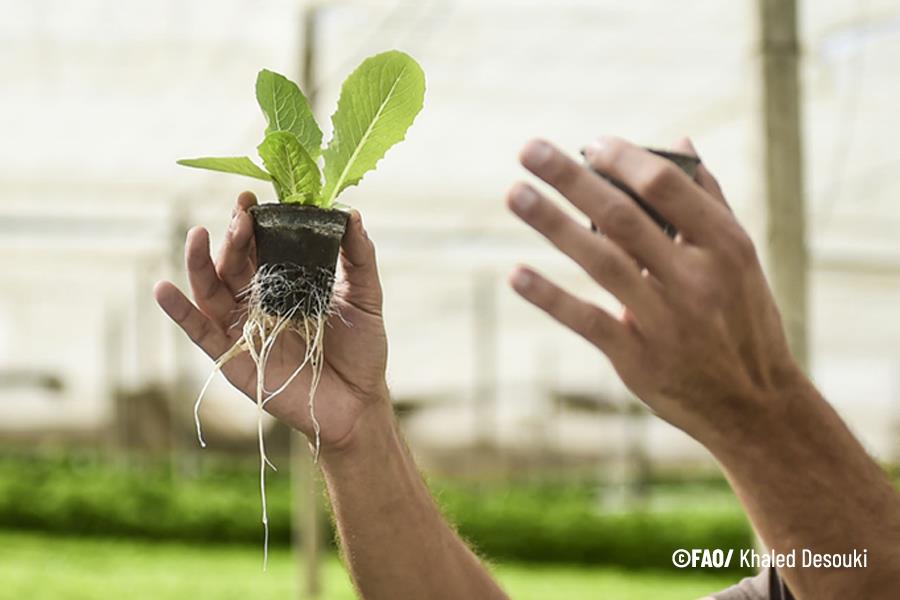Mexico and FAO promote training sessions on aquaculture and aquaponics for food security and climate resilience in Caribbean countries

Barbados, November 10, 2021 - Mexico and FAO invite people engaged in aquaculture and aquaponics in the Caribbean to join the training session that will take place between November 10, 2021 and January 28, 2022.
The virtual trainings are free and consist of five sessions that will be facilitated by FAO and Mexico’s Northwest Biological Research Center (CIBNOR), a scientific and academic research institution placed among the best in Mexico, focused on biological sciences and in the use, management and preservation of natural resources.
In the five sessions, the participants will learn about different topics:
First session: November 10 - Introduction to aquaponic and unidirectional aquaponic systems (Mexico-Japan model)
Second Session: November 29 - Integrated aquaculture with recirculation aquaculture systems and biofloc technology
Third Session: December 7, 2021 - Food safety in aquaponics systems: fish and plants
Fourth Session: January 14, 2022 - Use of energy and renewable alternatives in Aquaculture. Includes solar drying techniques
Fifth Session: January 28, 2022 - Economic and Marketing Aspects in the Aquaponic System
The complete program can be found here.
Interested persons can register for the training through the Zoom platform (register here).
The training is offered by the Resilient Caribbean Initiative, Cooperation for adaptation and resilience to climate change in the Caribbean, a joint effort led by the Government of the United Mexican States, through the Ministry of Foreign Affairs (SRE), the Mexican Agency for International Development Cooperation (AMEXCID) and the Food and Agriculture Organization of the United Nations (FAO).
This regional activity is aimed at producers, public entities at the national and territorial order, civil society organizations, agricultural organizations, private entities, academia, research institutes and non-governmental organizations in Mexico, Caribbean countries and Mesoamerica who are interested in strengthening their capacities in the field of aquaculture.
